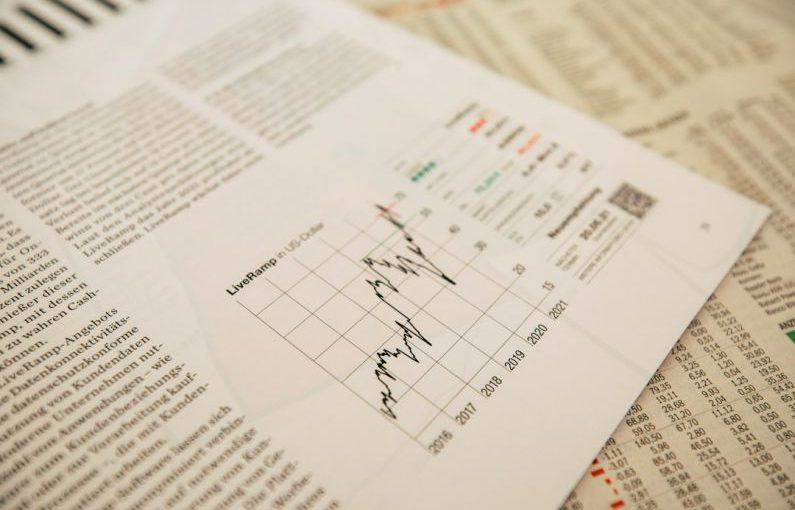Investing in foreign markets can be an exciting and profitable venture for individuals looking to diversify their portfolios. With globalization on the rise, it has become increasingly accessible for investors to participate in markets outside of their home country. However, investing in foreign markets also comes with its own set of risks and challenges. In this article, we will explore the key steps to consider when investing in foreign markets and provide you with some practical tips to help you navigate this complex landscape.
Research and Understand the Market
Before diving into any foreign market, it is crucial to conduct thorough research and gain a deep understanding of the market dynamics. This includes studying the political, economic, and social factors that can impact the market’s performance. Familiarize yourself with the country’s regulatory environment, cultural nuances, and business practices. This knowledge will help you make informed investment decisions and minimize potential risks.
Identify your Investment Goals and Risk Tolerance
Just like any investment, it is essential to identify your investment goals and assess your risk tolerance before venturing into foreign markets. Determine whether you are looking for long-term growth or short-term gains. Understand the level of risk you are willing to take and the potential impact on your overall investment strategy. This will guide you in selecting the appropriate foreign markets and investment vehicles that align with your objectives.
Choose the Right Investment Vehicle
There are various ways to invest in foreign markets, ranging from individual stocks and bonds to exchange-traded funds (ETFs) and mutual funds. Each investment vehicle has its own advantages and disadvantages, so it is essential to choose the one that suits your investment goals and risk tolerance. ETFs and mutual funds are often recommended for beginners as they offer diversification by investing in a basket of securities.
Consider Currency Risk
Investing in foreign markets also exposes investors to currency risk. Fluctuations in exchange rates can significantly impact the returns on your investments. Therefore, it is essential to assess the potential currency risk associated with your investments and consider hedging strategies to mitigate the impact. Consulting with a financial advisor can provide valuable insights on how to manage currency risk effectively.
Diversify across Regions
Diversification is a key principle in investing, and it becomes even more crucial when investing in foreign markets. By spreading your investments across different regions, you can reduce the impact of country-specific risks and enhance your overall portfolio performance. Consider investing in a mix of developed and emerging markets to capture different growth opportunities.
Stay Informed and Monitor Your Investments
Investing in foreign markets requires ongoing monitoring and staying abreast of market developments. Keep yourself updated with the latest news, economic indicators, and geopolitical events that can impact the markets you are invested in. This will allow you to make timely adjustments to your portfolio based on changing market conditions.
Be Mindful of Cultural Differences
When investing in foreign markets, it is important to be mindful of cultural differences that can impact your investment decisions. Different countries have varying business practices, legal frameworks, and corporate governance standards. Understanding these cultural nuances will help you navigate potential pitfalls and make informed decisions.
Seek Professional Advice
Investing in foreign markets can be complex, and it is always advisable to seek professional advice. Consult with a financial advisor or an investment expert who specializes in international markets. They can provide you with personalized guidance based on your investment goals, risk tolerance, and time horizon.
In conclusion, investing in foreign markets can be a rewarding experience for investors seeking diversification and growth opportunities. However, it requires careful research, risk assessment, and ongoing monitoring. By following these key steps and seeking professional advice, you can navigate the complexities of foreign markets and make informed investment decisions that align with your financial goals.





